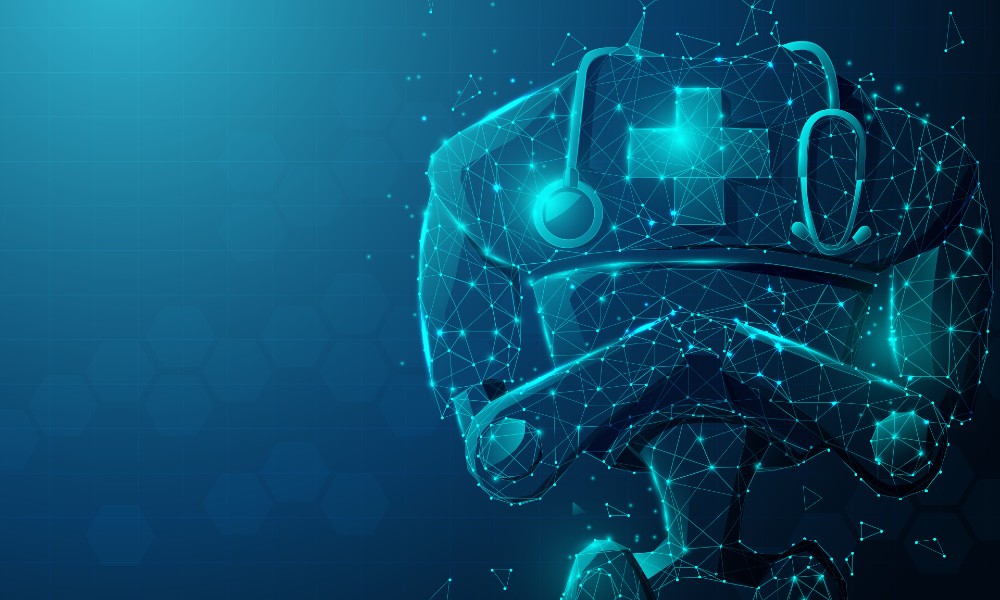
Doctor-patient confidentiality is one of the most significant aspects of the healthcare industry. Oftentimes, patients can feel embarrassed about discussing certain illnesses or conditions, which can be a real problem if the issue is potentially life threatening. Doctors can do everything they can to ensure patients' private conversations remain confidential, but some simply can’t manage to be as open as they should be.
To help patients avoid the awkwardness of sharing highly personal health conditions, some industry professionals are considering the use of artificial intelligence to make conversations easier for patients. According to a recent article by Digital Health, the University of Westminster and University College London recently collaborated to find out how patients felt about discussing a number of stigmatized health conditions with AI chatbots. The researchers found most patients were open to discuss the most severe health problems, such as cancer, with actual doctors. For less severe topics, such as STIs, patients seemed to prefer explaining their condition to chatbots.
Using AI chatbots to confidentiality explain health issues seems like a win-win for everyone involved. Patients would have the ability to thoroughly explain their condition, without feeling humiliated during the examination process. Doctors would be able to have a clearer understanding of whatever condition a patient may be experiencing, and won’t have to ask a long list of questions to get to the heart of the matter. Of course, digital health is still in its infancy, and many patients and industry professionals still have concerns about digital privacy. Some patients may be hesitant to share personal information through digital channels, out of fear it may be stolen or shared.
If the healthcare industry can work with AI developers to ensure chatbot conversations are HIPAA compliant and completely encrypted, this solution may be a gamechanger for healthcare. Patients who are completely honest with their problems allow doctors to give more accurate care. This alone could potentially save lives, as doctors can make quicker, more informed decisions about how to treat problems. In the future, advancements in AI analytics might make it possible for systems to diagnose problems by simply reviewing the information from patient conversations.
Artificial intelligence is still a long way away from replacing the skills of a well-trained medical professional. But even in its current state, it may be a useful resource for creating a more comfortable healthcare experience for patients.
Edited by
Maurice Nagle